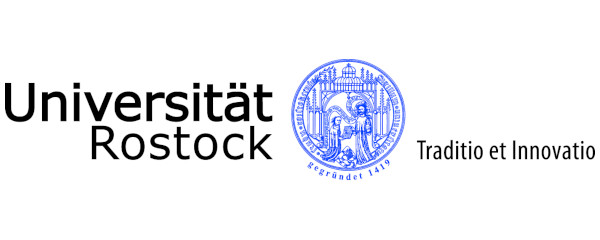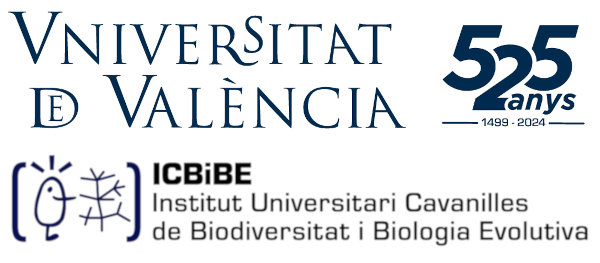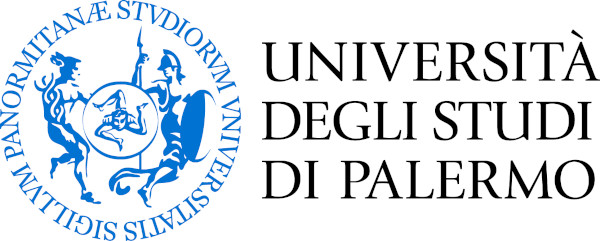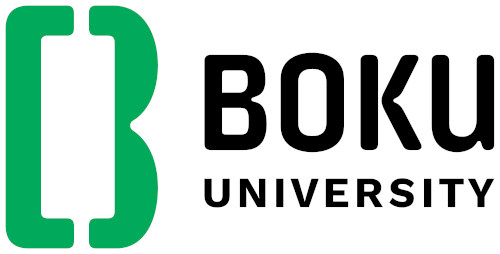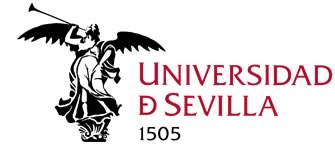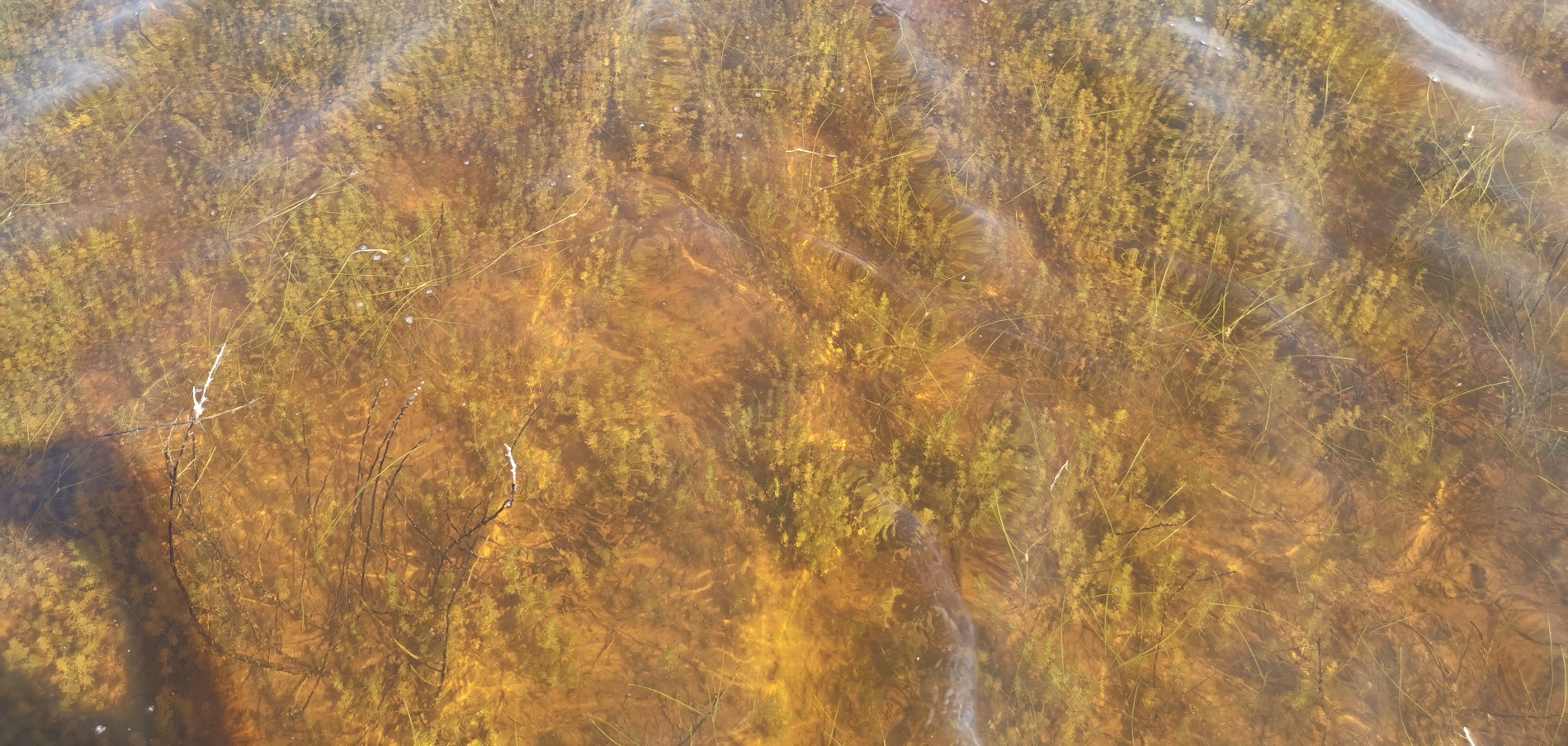

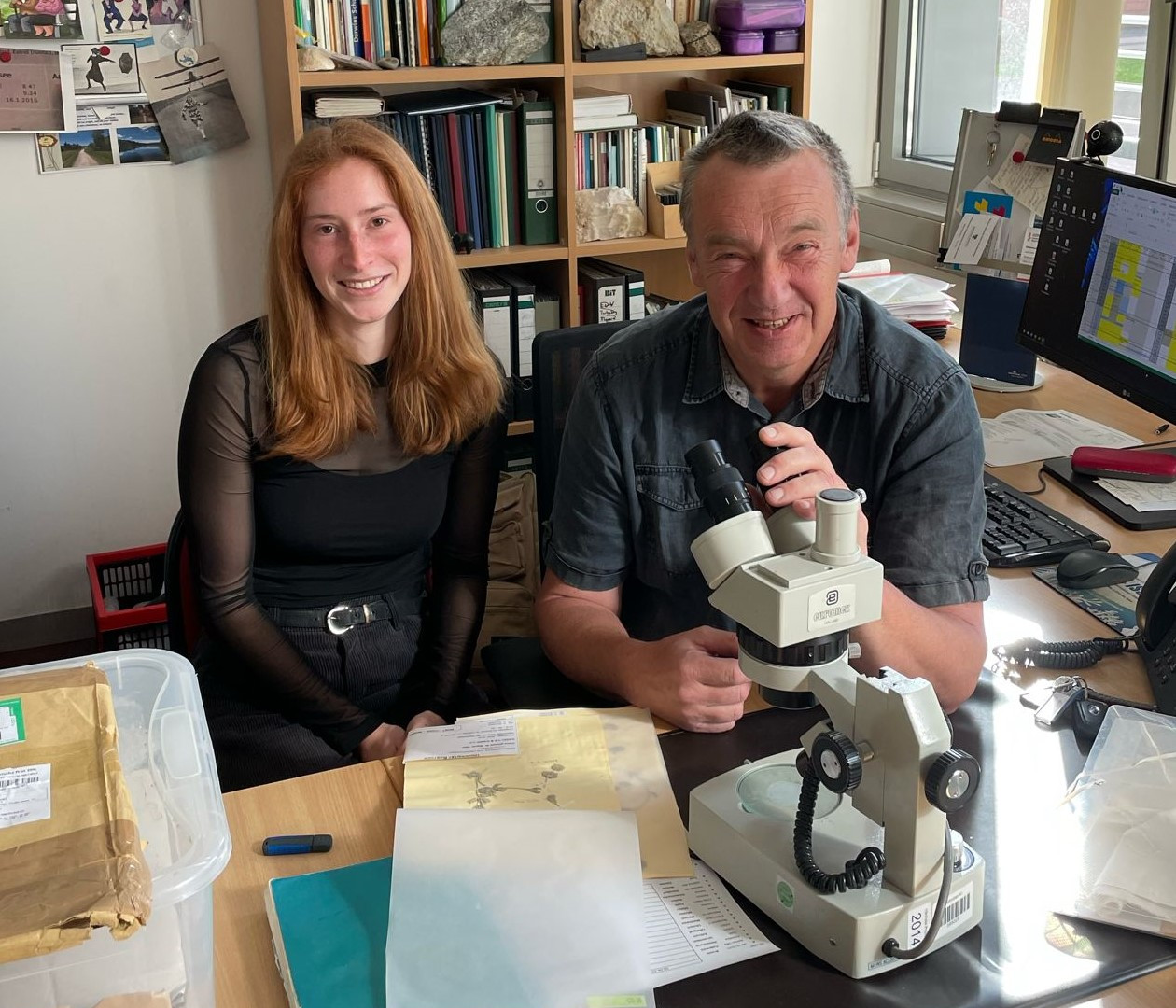 University of Rostock (Germany)
University of Rostock (Germany)
Prof. Hendrik Schubert, Dr. Arne Schoor, Claudia Lott, Birgit Munzert and Johanna Weitzel
Contact: hendrik.schubert (at) uni-rostock.de (coordinator)
The University of Rostock, founded in 1419, stands as the oldest university in the Baltic Sea region, boasting nine faculties offering over 130 study programs. While its roots lie in traditional disciplines such as Medicine, Law, Philosophy, and Theology, the university has expanded to encompass a wide array of fields including Economics, Social Sciences, Natural Sciences, Environmental Sciences, and Engineering.
The Institute for Biological Sciences represents one of the four main disciplines within the Mathematical and Natural Sciences Faculty. With 17 professorships, the institute focuses on various research areas including botany, zoology, physiology, genetics, and biochemistry. It fosters productive collaborations with both national and international institutions, including the Leibniz Institute for Baltic Sea Research (IOW).
Within the institute, the Chair of Ecology is dedicated to both fundamental and applied research in aquatic ecology with a special focus on the brackish water ecosystems of the Baltic Sea. Topics covered range from ecophysiology and population biology to applied current topics such as coastal protection and aquaculture research. In addition to phytoplankton, cyanobacteria and zooplankton, macroalgae are the main targets of investigation, with a special focus on Characeae.
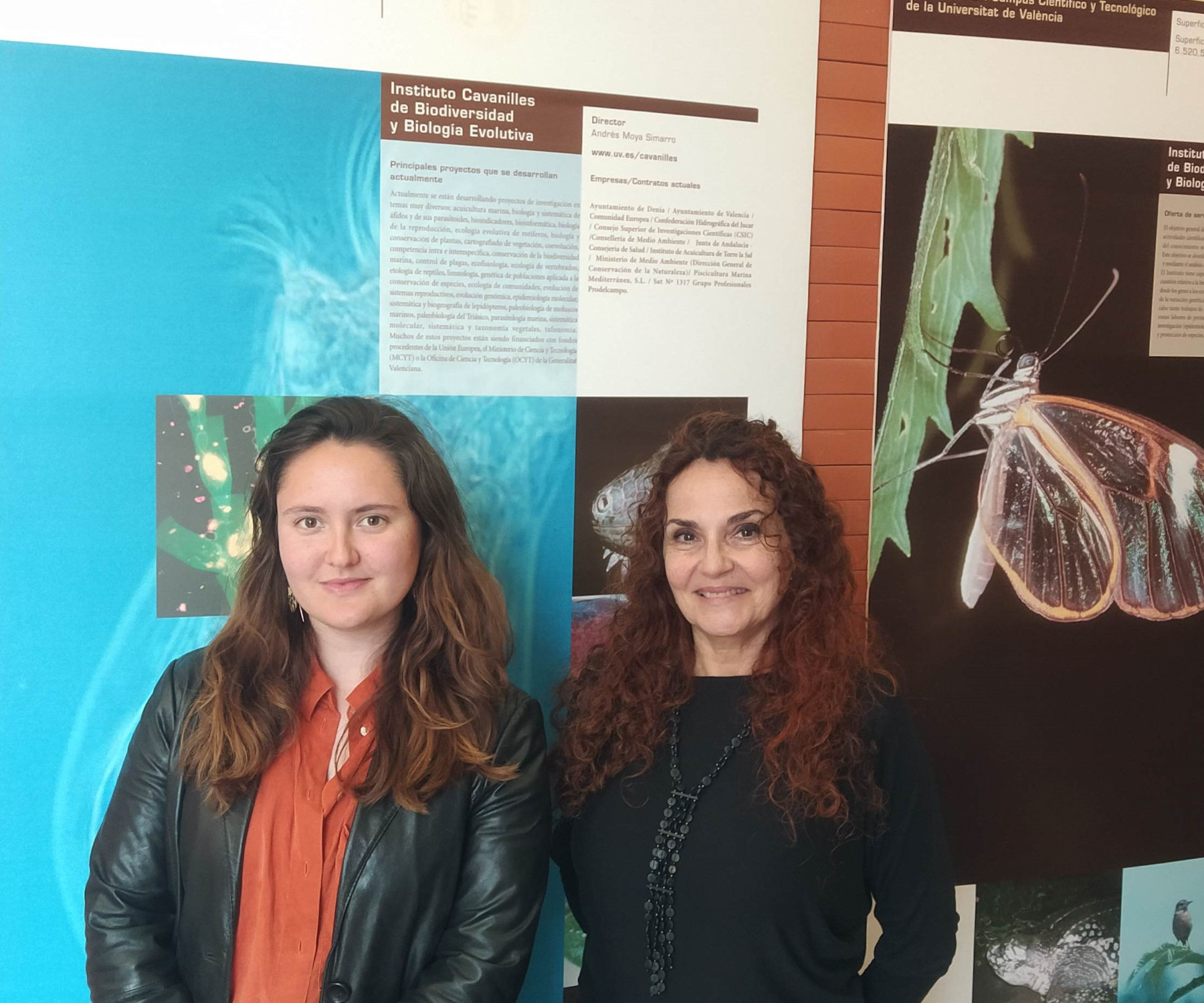 University of Valencia (Spain)
University of Valencia (Spain)
Prof. Maria A. Rodrigo (https://www.uv.es/rodrigoa/, Adriana Arnal (PhD student)
Contact: maria.a.rodrigo (at) uv.es
The "Universitat de València" (UV, https://www.uv.es/) is a public university founded in 1499. Initially dedicated to the studies of medicine, humanities, theology and law, the university has witnessed over the past decades an accelerated process of transformation and growth. This significant effort has turned the University of Valencia into a modern, global university, becoming a leader in the application of new technologies, connected to important international scientific and teaching networks. The University of Valencia is one to the top five scientific centers in Spain thanks to its commitment to excellence and to the wide range of teaching and research activities offered in all areas of knowledge (basic sciences and engineering, health sciences, educational sciences, humanities and social sciences, economics and law).
The Cavanilles Institute for Biodiversity and Evolutionary Biology (ICBiBE) was founded by the University of Valencia in 1998 with the mission of conducting basic and applied research, researchers’ training and assistance to the society in the fields of biodiversity and evolutionary biology. Currently it is integrated by more than ten research lines ranging from evolutionary ecology, plant conservation and marine zoology, to limnology, entomology or comparative neurobiology, among others. Our Integrative Ecology group has the interest to understand how biodiversity is organized and we analyse the role of different populations and communities in the functioning of ecosystems. We have chosen the aquatic systems as the field of study, focussing on plankton and submerged vegetation (mainly charophytes).
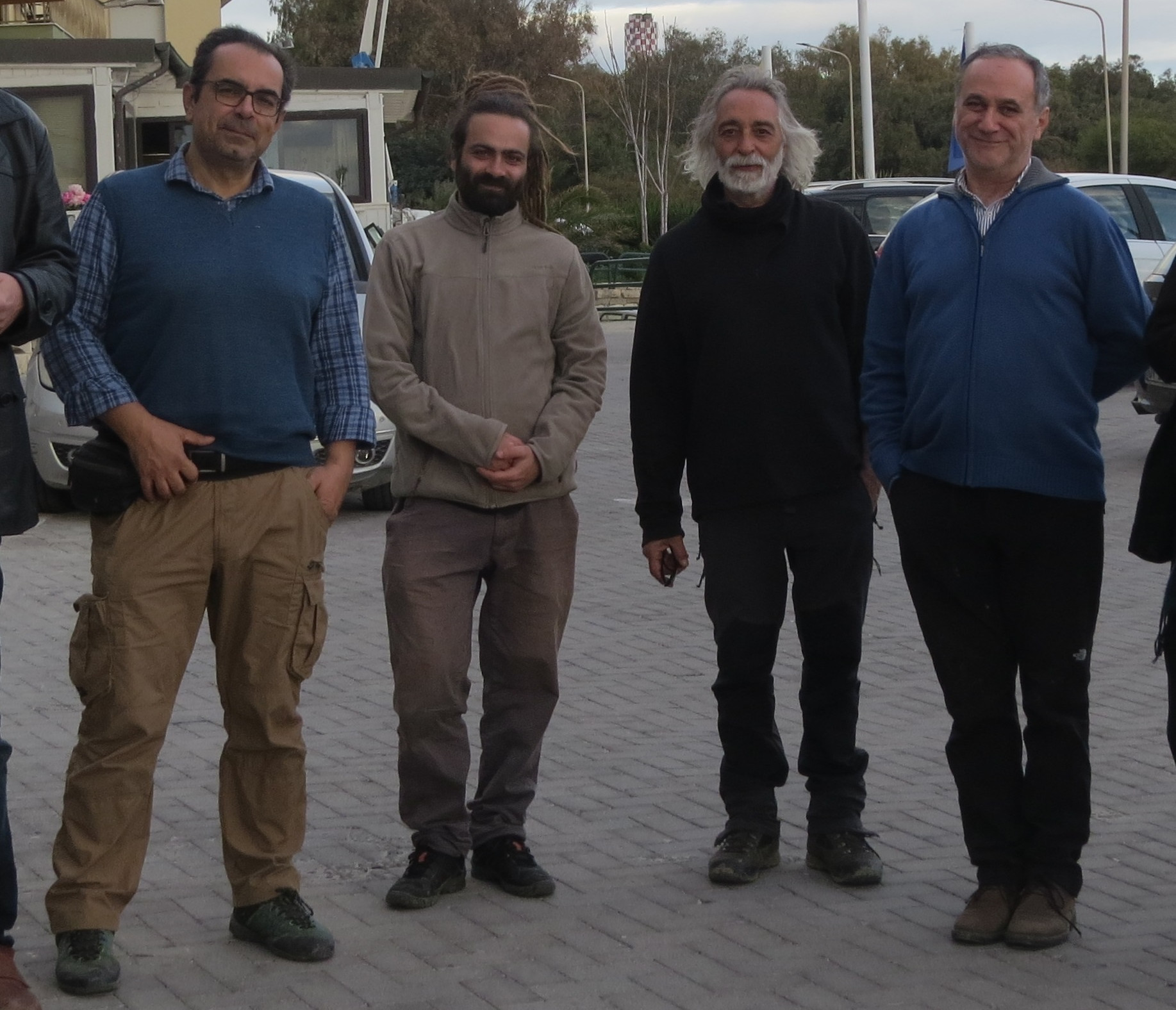 University of Palermo (Italy)
University of Palermo (Italy)Prof. Riccardo Guarino, Dr. Dario Salemi, Prof. Vincenzo Ilardi, Dr. Angelo Troia
Contact: angelo.troia (at) unipa.it
The "Università degli Studi di Palermo" (UNIPA) is a public University founded in 1806. Its main seat is in Palermo (Sicily, Italy). Its 16 Departments cover the main domains of contemporary classical, scientific and technological knowledge. About 156 courses (first and second cycle) are yearly offered, which attracted 11,500 first-year students in 2023/2024 academic year. The Dept. of Biological, Chemical and Pharmaceutical Sciences and Technologies (STEBICEF) is an interdisciplinary department that carries out research, teaching and third mission activities in the fields of biology, biotechnology, chemical pharmaceutical and environmental research.
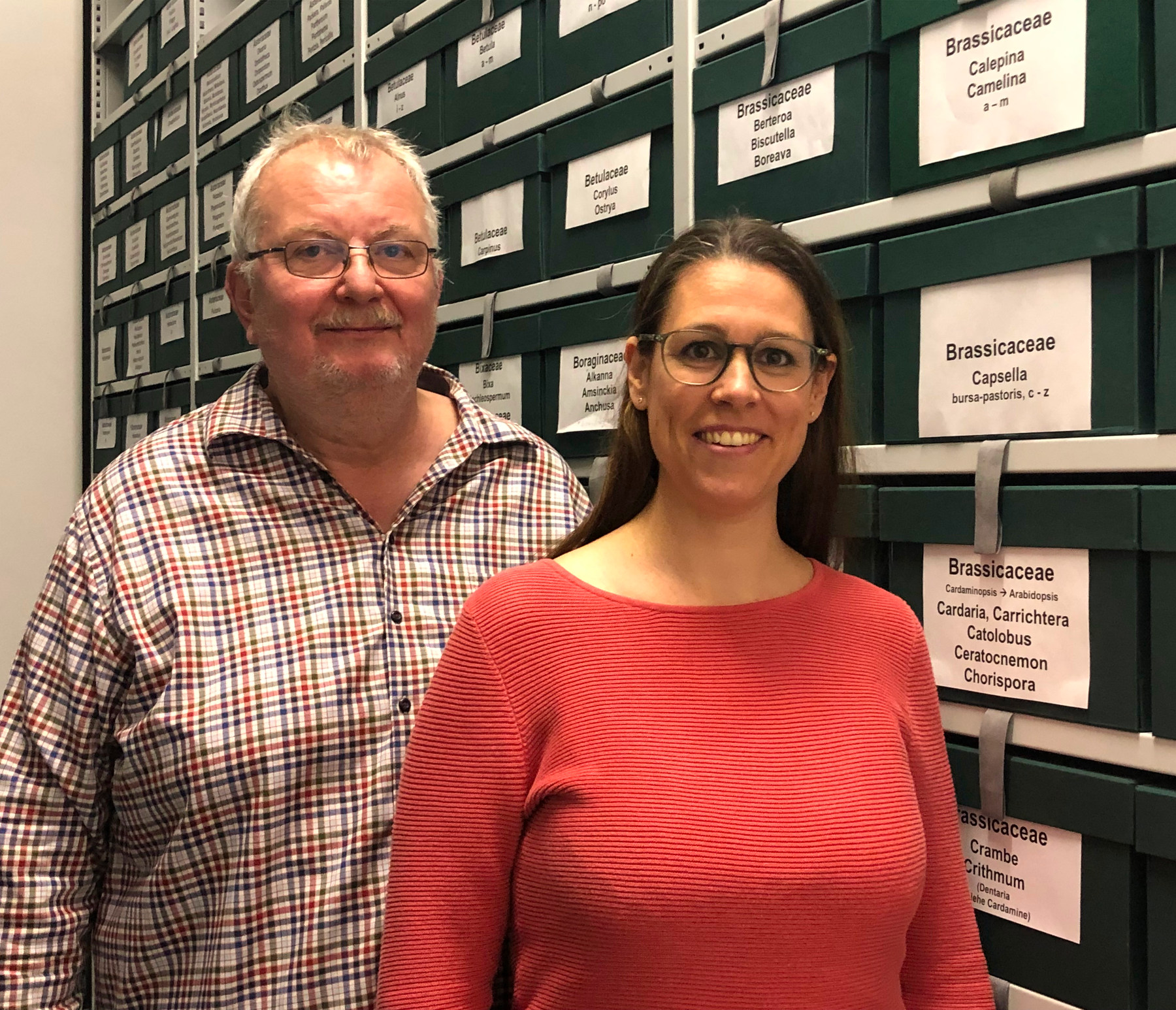 University of Natural Resources and Life Sciences, Vienna (Austria)
University of Natural Resources and Life Sciences, Vienna (Austria)Prof. Karl-Georg Bernhardt, Dr. Karin Tremetsberger and Dr. Barbara Turner
BOKU University is one of the best Life Sciences universities in Europe, distinguished by its holistic approach to research and teaching. Our scientists, students and graduates work on solutions for burning social issues and for a sustainable future.
Today's University of Natural Resources and Life Sciences (BOKU) began its success story in 1872 as a small agricultural university under the name "k. k. Hochschule für Bodencultur". Today, BOKU offers optimal conditions for learning, teaching and research for around 11,000 students and 1,250 scientists.
The core areas of research and research strengths at BOKU, are represented using six competence areas. BOKU’s fields of work can be consolidated into three key focuses that also represent central societal challenges.
- Protecting habitat and quality of life
- Managing natural resources and the environment
- Protecting food and health
- Competence area 1: Ecosystem Management and Biodiversity
- Competence area 2: Agricultural Production and Food
- Competence area 3: Renewable Raw Materials and New Technologies
- Competence area 4: Biotechnology
- Competence area 5: Landscape, Water, Habitat and Infrastructure
- Competence area 6: Resources and social dynamics
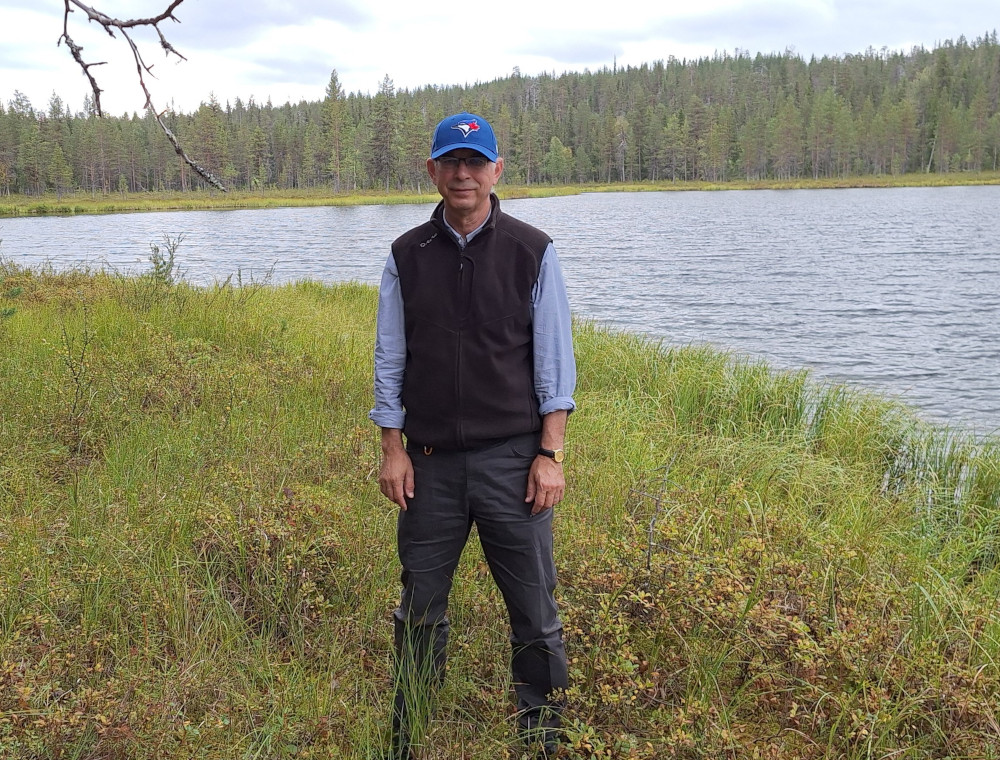 University of Sevilla (Spain)
University of Sevilla (Spain)
Prof. Pablo Garcia Murillo
(https://investigacion.us.es/sisius/sis_showpub.php?idpers=2358)
Contact: pgarcia (at) us.es
The University of Seville has gone through various stages since its founding in the early 16th century, which have enabled it to become a university of reference in all functions and to successfully adapt to the European Higher Education System. According to the Shanghai and QS international university rankings, the University of Seville is among the 500 bests in the world. Prof. García Murillo belongs to the Department of Plant Biology and Ecology of this University and teaches in its Faculty of Pharmacy. His research focusses on inland aquatic macrophytes and plant conservation, and he is the researcher in charge of the PLACCA research group (RNM 116).
(https://investigacion.us.es/sisius/sis_depgrupos.php?ct=&cs=&seltext=RNM-116&selfield=CodPAI)

